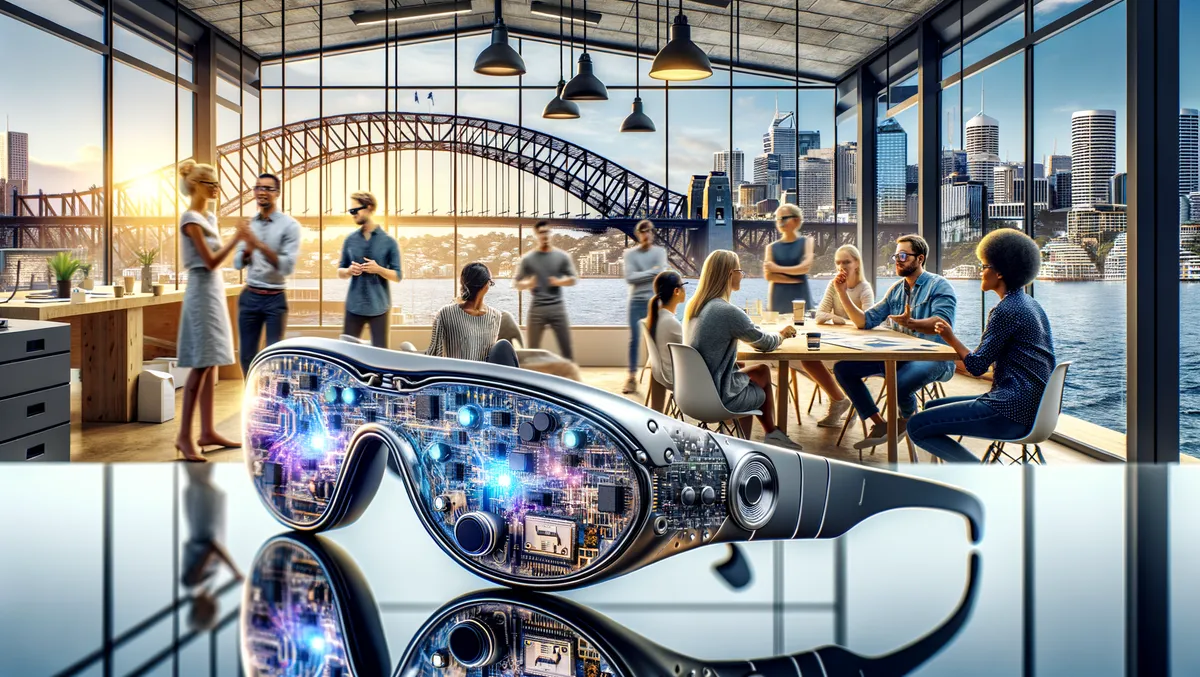
Australian start-up to revolutionise life for the visually impaired
ARIA Research, the Sydney-based start-up, is set to revolutionise global independence for the visually impaired. The 'ARIA', an acronym for 'Augmented Reality in Audio', introduces bionic technology that has the potential to grant the visually impaired the power to interpret their environment through sound. The novel technology is neatly integrated into a pair of sunglasses to offer a non-intrusive and handy solution.
This significant advancement in assistance for the visually impaired again proves the unwavering spirit of innovation originating from Australia. ARIA Research's ambitious project is a collaborative effort with the University of Technology Sydney, the University of Sydney, Blind Citizens Australia, and World Access for the Blind Australia. They are now preparing to launch this life-changing technology after extensive testing and trials scheduled to commence in April.
Robert Yearsley, the firm's CEO, credits their unique approach towards development, which involved visually impaired team members in vital stages. He said, "There are many, many devices that have been created for people who are blind or low vision but that don't work in real life situations. What ARIA does is translate the physical environment into sound. It applies very sophisticated artificial intelligence and machine vision systems to basically reconstruct the world around you, therefore changing and updating as you move through space."
The ARIA device bears a camera and sensors that meticulously gather data about the wearer's environment and objects therein. This data is processed to generate distinct audio cues corresponding to individual objects. For example, the ring of a telephone might simulate a buzzing sound, while the presence of a hedge may echo the soothing rustle of leaves. However, what truly sets ARIA apart is its capability to enhance the senses of touch and hearing of the user while also crafting a comprehensive auditory landscape.
Moreover, ARIA Research is striving to include non-verbal communication capabilities in their product. This addition will be monumental in enabling the wearer to perceive nods, smiles, and a variety of expressions. Hence, besides offering technologically advanced navigation assistance, ARIA successfully bridges the human interaction gap associated with visual impairment.
Reflecting on their achievements, Robert Yearsley said, "This is kind of like working in science fiction. You have to engineer a world from an alien perspective that you can't possibly fathom, and you never will. It's a revolutionary step. It's the first time anything like this has been attempted in the world. The impact will be primarily around agency and independence because so much of the blind experience is limited by an inability to access the same social cues that people with sight take for granted."
With this progressive step, ARIA Research's impactful work is set to improve the lives of the estimated 300 million visually impaired individuals across the globe, redefining their sense of independence and agency.


